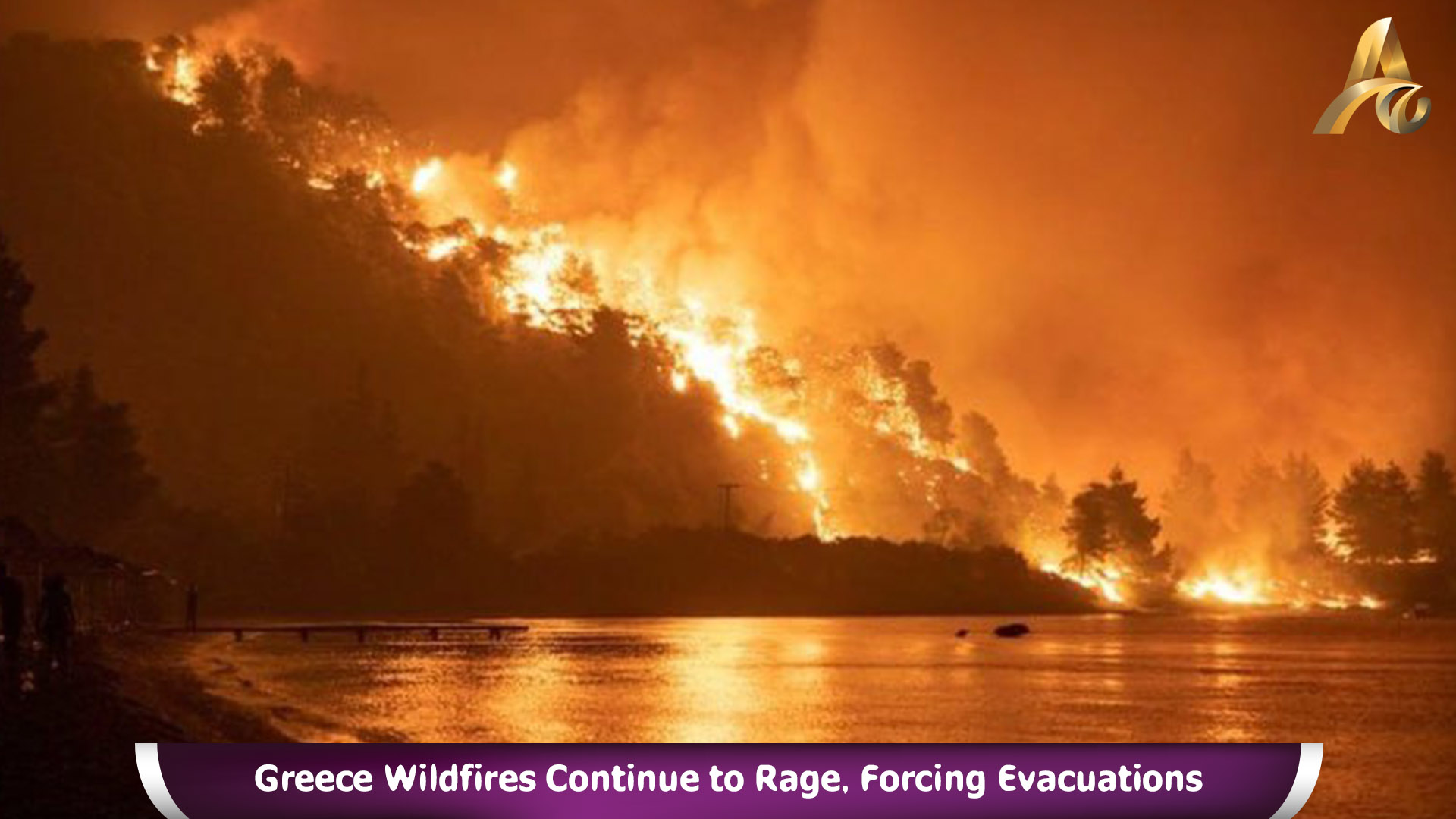Greece: The wildfires that have been raging across Greece for the past week continue to burn out of control, forcing the evacuation of thousands of people and causing widespread damage.
The fires have been particularly destructive on the island of Rhodes, where more than 19,000 people have been evacuated from their homes. The blazes have also spread to the island of Corfu and the northern Peloponnese region, triggering further evacuations.
At least five people have been killed in the fires, and more than 20 have been injured. The full extent of the damage is still being assessed, but it is estimated that thousands of hectares of forest have been burned.
The Greek government has declared a state of emergency in the affected areas, and firefighting crews from around the world are working to contain the blazes. However, the hot, dry weather and strong winds are making it difficult to extinguish the fires.
Prime Minister Kyriakos Mitsotakis has warned that the wildfires are a "national disaster" and that the country must be "on constant alert" for the next few weeks. He has also pledged to provide financial assistance to those who have been affected by the fires.
The wildfires in Greece are a stark reminder of the dangers of climate change. The intense heat and drought conditions that have helped to fuel the fires are becoming more common in the Mediterranean region, and experts warn that they are likely to become even more severe in the future.
The fires in Greece are a tragedy, but they also serve as a call to action. We must take steps to reduce our greenhouse gas emissions and mitigate the effects of climate change. Otherwise, we will face more and more devastating wildfires in the years to come.


























